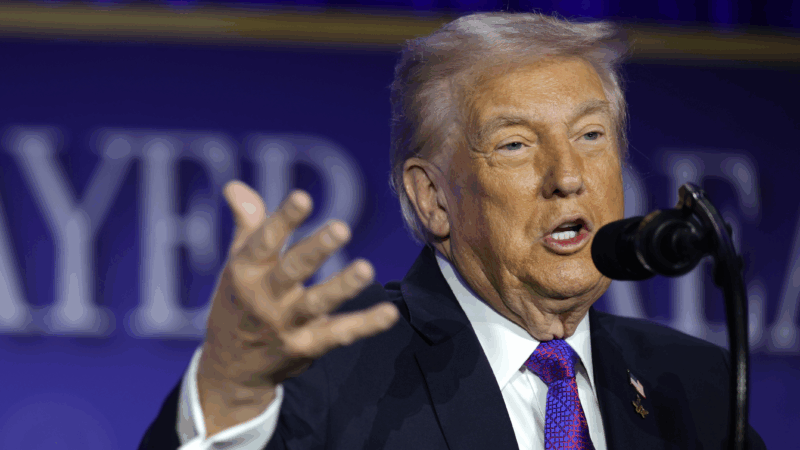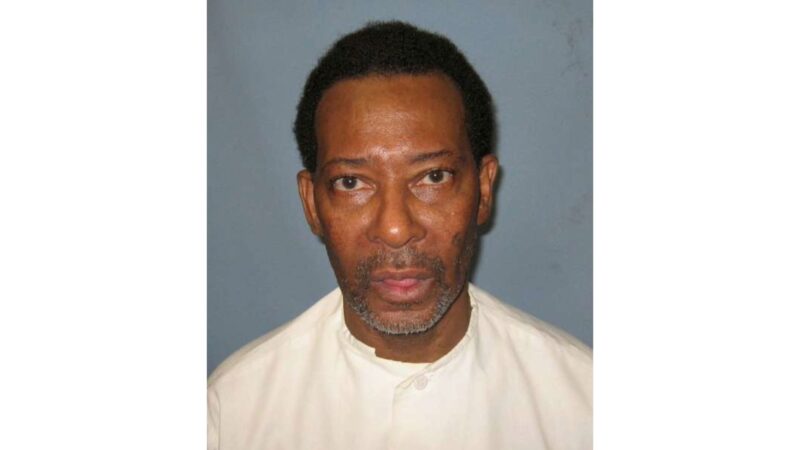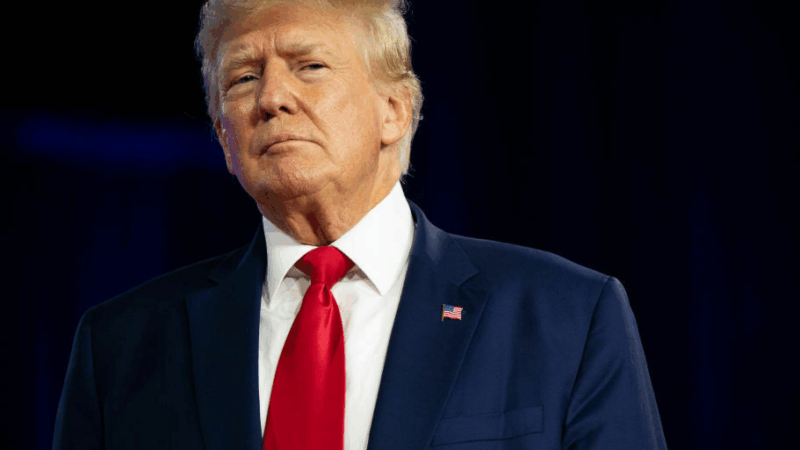Alabama ‘execution survivor’ reaches settlement with state
MONTGOMERY, Ala (AP) — Alabama won’t seek another lethal injection date for an inmate whose September execution had been halted because of problems establishing an intravenous line, according to the terms of a settlement agreement approved on Monday.
The state agreed to never use lethal injection again as an execution method to put Alan Eugene Miller to death. Any future effort to execute him will be done by nitrogen hypoxia, an execution method authorized in Alabama but that has never been used to carry out a death sentence in the U.S. There is currently no protocol in place for using nitrogen hypoxia.
On Tuesday, U.S. District Judge R. Austin Huffaker Jr. approved the settlement agreement in a lawsuit brought by Miller seeking to prevent another lethal injection attempt. Miller had argued that the state lost paperwork stating he picked nitrogen hypoxia as his execution method and then subjected him to torture during the failed execution attempt. At the time, Miller’s attorneys called him the “only living execution survivor in the United States.”
Miller was scheduled to be executed by lethal injection on Sept. 22, but the state called off the execution after being unable to connect an IV line to the 351-pound inmate. Miller said that when prison staff tried to find a vein, they poked him with needles for over an hour and at one point left him hanging vertically as he lay strapped to a gurney.
Alabama has acknowledged problems with IV access during at least four executions since 2018. Three of those had to be halted.
Earlier this month the execution of Kenneth Eugene Smith was halted after the execution team tried for an hour to connect an IV line. Last week, attorneys for Smith filed a lawsuit against the prison system, saying that the state violated the U.S. Constitution, various court orders and its own lethal injection protocol during the botched execution attempt earlier this month. Smith’s attorneys are asking a federal judge to forbid the state from making a second attempt to execute him, saying Smith was already “subjected to ever-escalating levels of pain and torture” on the night of the failed execution.
Alabama also called off the 2018 execution of Doyle Lee Hamm for the same reasons. He reached an agreement with the state that prevented further execution attempts, although he remained on death row. He later died of natural causes.
Prison officials blamed time constraints, specifically the midnight deadline, for the three halted executions.
The state’s July execution of Joe Nathan James was carried out, but only after a three-hour delay caused at least partly by the same problem with accessing an IV line.
Last week Alabama Gov. Kay Ivey announced a pause on executions in order to review the procedures. The Republican governor cited concern for victims’ families.
Miller was sentenced to death after being convicted of a 1999 workplace rampage in which he killed Terry Jarvis, Lee Holdbrooks and Scott Yancy.
The settlement agreement likely prevents another execution attempt in the near future since Alabama has not announced procedures for using nitrogen hypoxia, and there will be litigation over the humaneness of the method before a state tries to use it.
Trump’s harsh immigration tactics are taking a political hit
President Trump's popularity on one of his political strengths is in jeopardy.
A drop in CDC health alerts leaves doctors ‘flying blind’
Doctors and public health officials are concerned about the drop in health alerts from the Centers for Disease Control and Prevention since President Trump returned for a second term.
Photos: Highlights from the Winter Olympics opening ceremony
Athletes from around the world attended the 2026 Winter Olympics opening ceremony in Milan.
Alabama sets execution for man in auto parts store customer’s death
Gov. Kay Ivey on Thursday set a March 12 execution using nitrogen gas for Charles “Sonny” Burton. Burton was convicted as an accomplice in the shooting death of Doug Battle, a customer who was killed during an 1991 robbery of an auto parts store in Talladega.
Trump posts racist meme of the Obamas — then deletes it
Trump's racist post came at the end of a minute-long video promoting conspiracy theories about the 2020 election.
Hyperpop, poetry, BDSM or a Moroccan rave allegory? Choose your own cinematic adventure
Charli xcx is on more screens this weekend while Pillion tells a sweet BDSM story.






